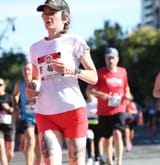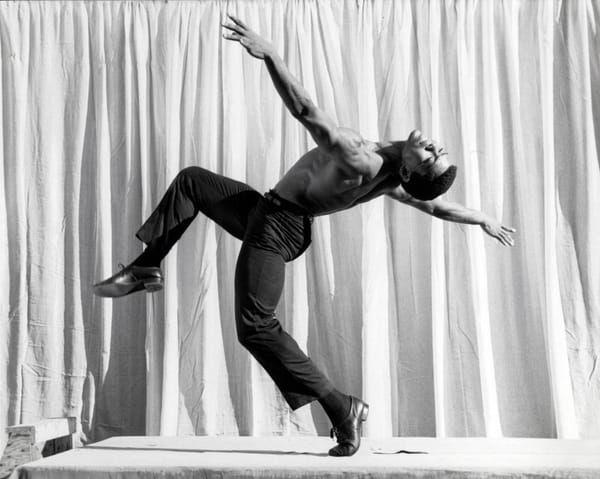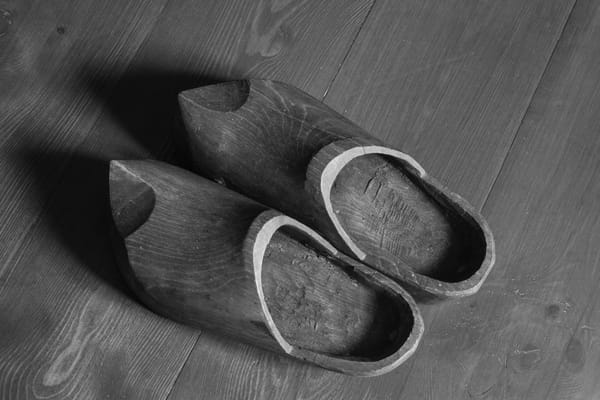A Pocketful of Algorithms
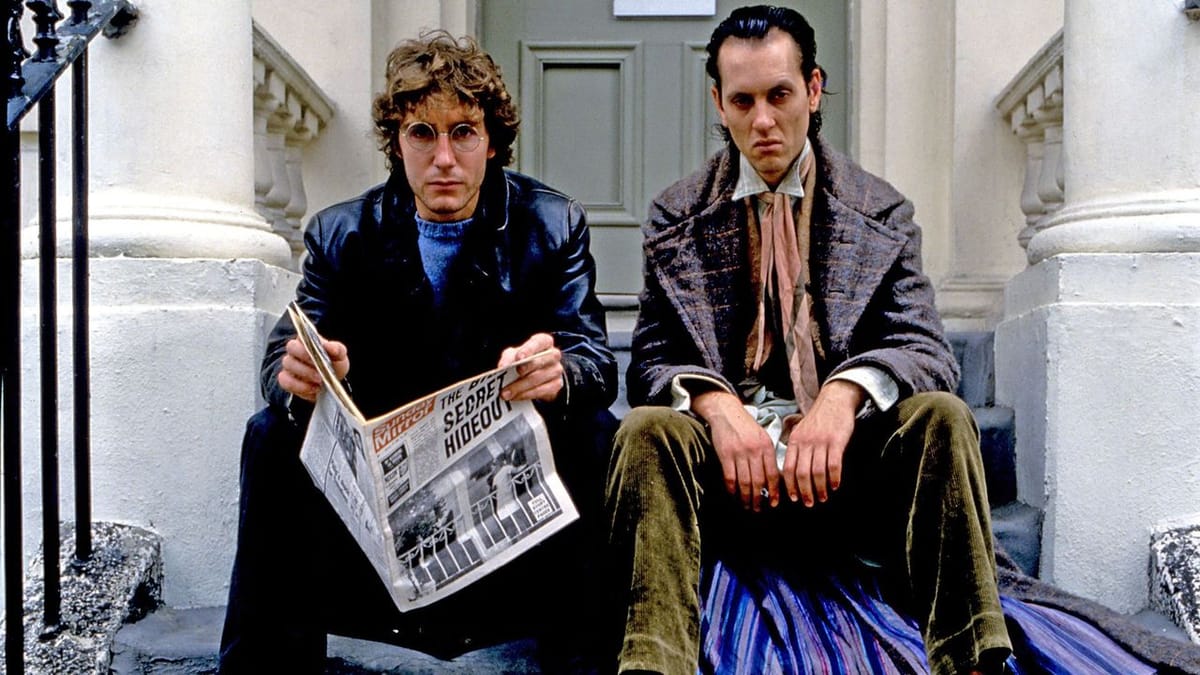
Happy Friday! What’s good?
During my long run this past weekend, I finished listening to the audiobook of Richard E. Grant’s recent memoir, A Pocketful of Happiness. Memoir is one of my favorite genres — I am fascinated by the narration of self — and I read a lot of it. That means, for better or for worse, that I read a lot of celebrity memoirs, as that tends to be the type of person offered this sort of book deal.
But I didn’t choose Grant’s book because he is famous. (Indeed, while he’s renowned in the UK for his role in the dark comedy Withnail and I, I’m not sure how famous he is in the US. At one point in the book, he laments that he may now be known as “Classic Loki.”) I chose A Pocketful of Happiness because it’s about love and loss, about the death of Grant’s wife, the dialect coach Joan Washington. It’s also, I discovered while listening, very much about their lives in Hollywood and about Grant’s utter delight in all of it — the fame, the celebrities — and about his wife’s dry candor about not only these luminaries but about her cancer and impending death. Some of the book deals with Grant’s struggles with the latter — deeply moving and heart-felt — but much of it deals with their life before Joan’s diagnosis or her final months — so effusive with its joyful descriptions of movie-making and movie stars that it would feel gimmicky if it weren’t so damn earnest.
I found myself a little disarmed by Grant's giddiness – so much so that I even rewatched Withnail and I the other day, just to revisit the gloom of his infamous performance. He is perfect, I mean perfect, in that movie, a film about anxiety and alcohol and the despair of unemployment. In his review of the film in 1987, Roger Ebert wrote that “Withnail could possibly have become a comic drunk in the wrong hands. Richard E. Grant never, ever, not for a second, breaks character; he is relentlessly wounded and aggressive. He never goes too far, he never relaxes, he aims at the end of the movie and charges.” In some ways, A Pocketful of Happiness is the inverse of this — the memoir teeters on spending too much time on the silliest sort of Hollywood gossip, on the author's weird fascination with Barbara Streisand; but Grant "never, ever, not for a second, breaks character" — he really is relentlessly delighted and delightful.
Because everything online is an algorithmic suggestion now, listening to the audiobook meant that Instagram started populating my feed with Grant’s reels. He’s a runner too, and he films himself holding his iPhone in his hand as he huffs and puffs along country lanes, grinning ear to ear, wearing a wool pullover and collared shirt and looking like absolutely nothing on “running Instagram” — no metrics, no “tips and tricks,” no product endorsements — just the sheer joy of moving quickly, breathless, with one's heart pounding. The sheer joy of being alive.
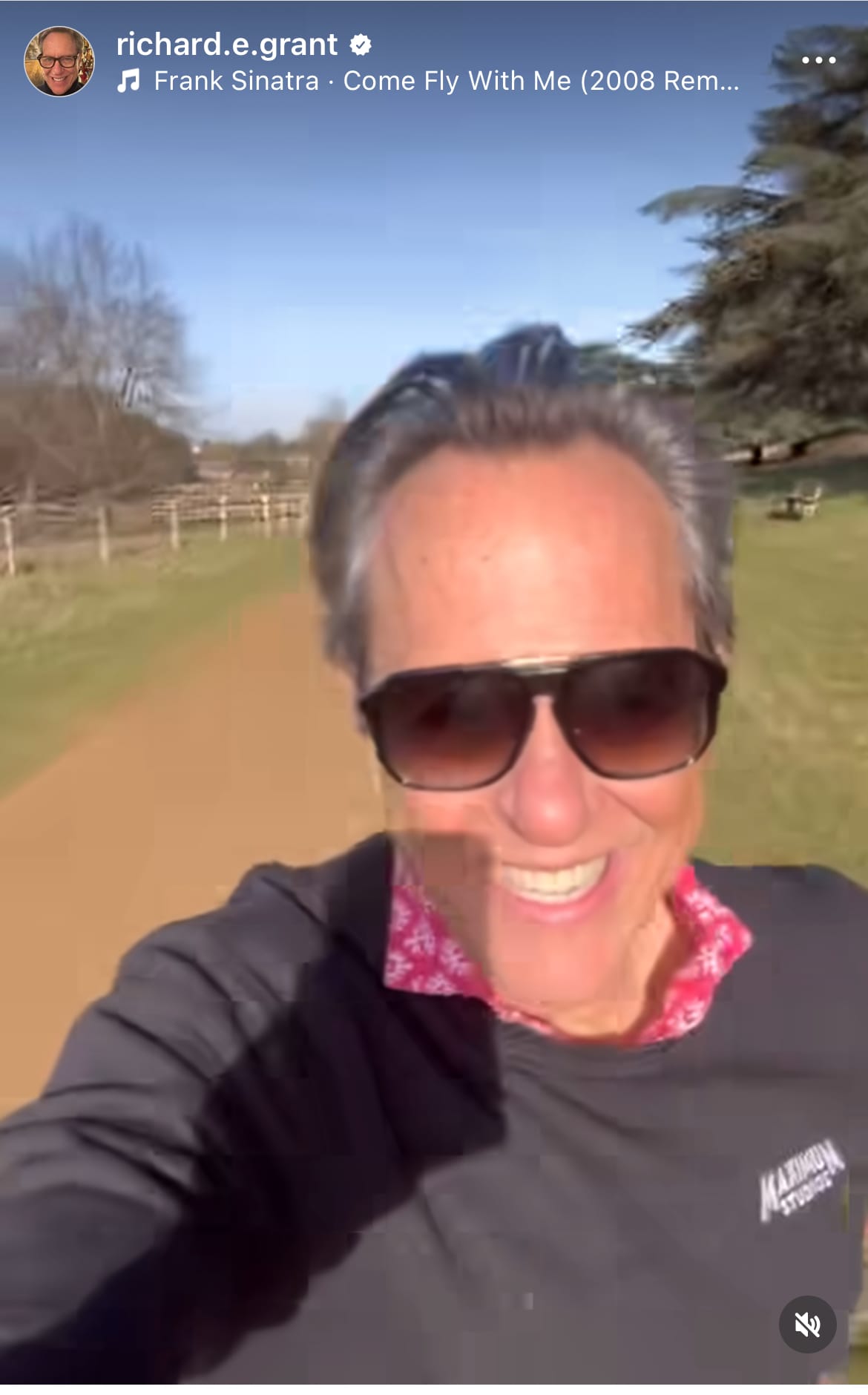
I mean, yeah yeah yeah, the guy's an actor. Of course he knows how to script a little 30 second film clip, how to stage it, how to shoot it. But somehow it feels so strangely sincere in a stream of social media salesmanship.
Speaking of selling celebrity, Arnold Schwarzenegger has launched The Pump, a fitness training app. (I'm currently reading his new book too, and I promise to do a long essay on the app, the book, and this whole "fourth act" with he's currently undertaking.)
Elsewhere in the business of health technology: Sports Illustrated surveys some ice bath products, in case you’re in the market for some cold therapy. Bloomberg looks at at-home testing kits, a market it says targets “athletes and hypochondriacs.” Pilates is “in” again — at least according to The Hollywood Reporter. I know you’ll be shocked to learn that corporate wellness programs have almost no discernible impact on employees’ health and wellbeing. Elon Musk tweeted that Neuralink had its first successful implant in a human. No other verification from anyone, including the company, but the media just ran with the story as if Musk isn’t a serial fabulist. New Scientist asks if you should use a continuous glucose monitor if you don’t have diabetes. “A-fib—a Rapid, Irregular Heartbeat—Can Kill You, but New Tech Can Spot It,” says Scientific American. It's almost as though we're churning out all these unnecessary technologies rather than dealing with some of the underlying systemic issues that lead to poor health. I'll have more to say about the new Apple Vision Pro next week (sorry, I scheduled this newsletter before all the reviews were in) – apparently it's being sold, in part, as a technology of "mindfulness." Sigh.
More updates from the world of sport: Meet Betty Brussel, the 99-year-old who just broke three world records in swimming. Vanity Fair profiles The New York Times, the gaming company. Via The Guardian: “‘I don’t have to code-switch’: how Black and brown rock climbers are revamping the sport.” I’ll be tuning in this weekend to watch the Olympic Marathon Trials. Folks are saying that it’s one of the deepest pools of talent ever on the women’s side. My bets are on Sisson, D'Amato, and Tuliamuk. I hear the guys have a 26.2 mile race too, but I don't really follow men's sports.
Thanks for reading. Consider becoming a paid subscriber of Second Breakfast to support my writing and my non-algorithmic curation of all the health and education technology news.

